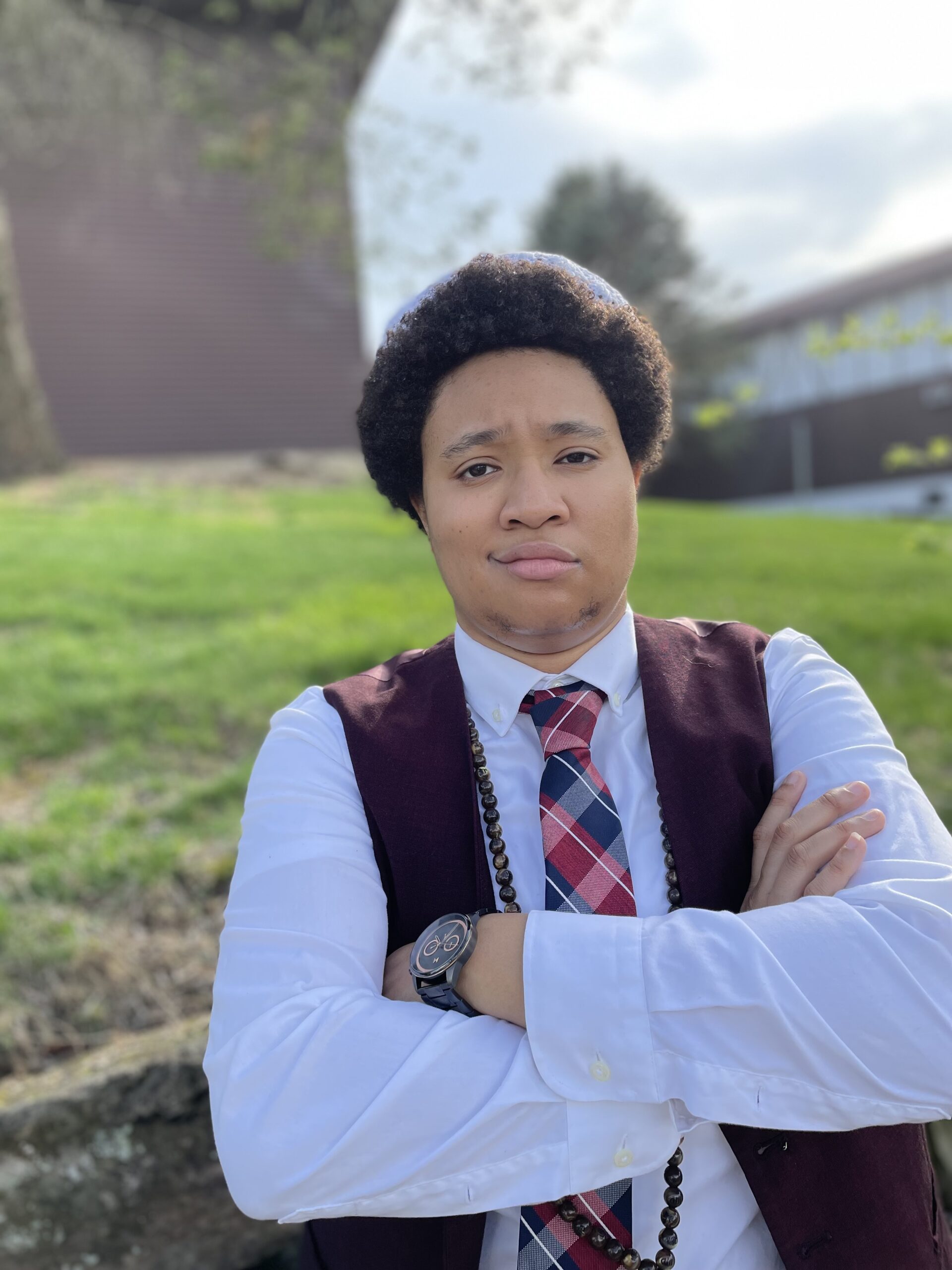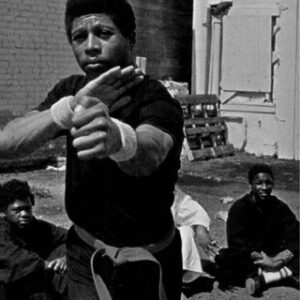
M. Aziz (pronouns: they/them/theirs)
Assistant Professor of African American Studies
Department of American Ethnic Studies
College of Arts and Sciences
draziz@uw.edu
Aziz Faculty page
What is your Research Focus?
Though understudied in African American History, martial arts practice has a long relationship to movements for racial and gender justice in Black communities. My first book studies how and why Black Power advocates taught martial arts as an organizing tactic between 1955 and 1980. Methodologically, it makes contributions to Black Power Studies, Afro-Asian studies, and popular culture history by pairing cartoons, sports columns, and action photographs with curricula and instructor oral histories. I use these overlooked archival artifacts to argue that martial arts contributed to holistic, community engagement practices within the Black Power Movement, practices which were rooted in political, spiritual, and physical well-being. This close historical reading of martial artistry revises our understanding of the Black Power Era by highlighting the range of valuable tools activists used to create effective and immediate social and personal change.
My research agenda and focus stems from a long-term commitment to diversifying 20th century African American History by examining why martial arts provide physical safety, well-being, and spiritual perseverance to communities. My goal is to not only expand the field of U.S. history, but to contribute to conversations about the role of martial arts education in the present. The work I pursue will support instruction at community based organizations, where my historical research helps us improve the methods instructors use to teach wellness and safety. As a TGNC scholar-activist, I also regularly teach radically inclusive self-defense classes using the community centered pedagogy that Black Power era martial artists developed and modeled.
Collaborative, public history research is vital to this work in other capacities as well. My research helped highlight the stories of lesser known organizers and educators in the 2017-2018 exhibit, “Black Power!, ” at the Schomburg Center for Research in Black Culture. And my research has intervened into public discourse on Black safety. My WashingtonPost Op-Ed on unarmed police violence, like that in the case of George Flloyd, thinks with other historians and activists concerned with carcerality and the modernization of law enforcement.
What opportunities at the UW excite you?
I’m excited to collaborate with the wonderful colleagues across the humanities and social sciences that study histories of social movements and gender. Across the three campuses, scholars such as La Tasha Levy and Dan Berger have already been doing really important work on Black history of the 20th century. And I love the opportunity to be a part of scholarly communities like the one at the Simpson Center. Lastly, there is a strong tradition within the American Ethnic Studies department of community based scholarship that I am excited to join.

Steve McCutchen, martial arts instructor for the Black Panther Party for Self-DefenseBlack Belt Magazine, August 1975 edition.